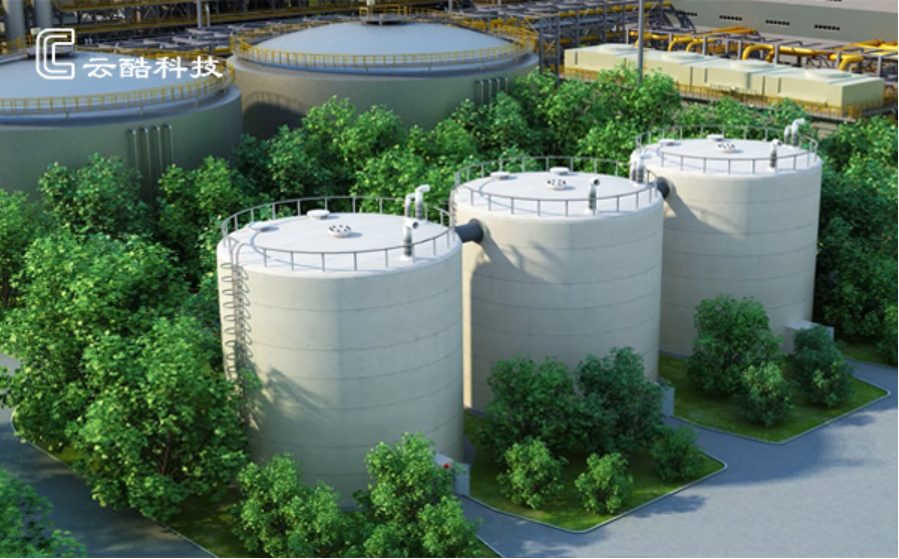- current location:
- Home
- >
- News
- >
- Industry News
-
Some Forbidden Operations in Confined Space
Confined space operations have certain risks, so there are some constraints that need to be paid special attention to to ensure the safety and smooth operation.
Work without risk identification: Before entering a confined space, risk identification must be carried out to detect the potential risk factors in the working environment to ensure the safety of work.
Work without ventilation and testing: The gas composition in a confined space can be complex, and if it is not ventilated and tested properly, it may lead to poisoning, suffocation and other hazards.
Work without wearing labor protective equipment: confined space work needs to wear appropriate labor protective equipment, such as respirators, protective glasses, protective shoes, etc., to ensure the safety of workers.

It is strictly prohibited to work without qualified training: operators must go through special training and assessment, and have the corresponding operation skills and safety awareness. Untrained and unqualified personnel are strictly forbidden to work, in order to avoid accidents caused by improper operation or lack of safety awareness.
No safety officer is strictly prohibited: In confined space operations, there must be a special safety officer for on-site supervision. The safety officer must have the appropriate knowledge and skills to find and deal with abnormal situations timely. Confined space operation without a safety officer is strictly prohibited.
No ventilation, no detection, no protection: Ventilation, detection, and protection must be carried out before operation in confined space. Ventilation can ensure air circulation and avoid hypoxia; Detection can ensure that the concentration of harmful gases in a confined space meets safety standards; Protection can avoid harmful substances produced in the process of operation to cause harm to the operators. It is strictly forbidden to operate in confined space without ventilation, detection or protection.
Overtime work is strictly prohibited: The time of confined space work should not be too long, and should be controlled within the specified time. If the operation time is too long, it may lead to adverse conditions such as fatigue and hypoxia of operators, increasing the possibility of accidents. Therefore, overtime work is strictly prohibited to ensure the health and life safety of operators.
Do not use open flame or flammable materials: there may be flammable materials such as flammable gas or dust in the confined space, so do not use open flame or flammable materials. If you need to use electrical equipment, you must choose the equipment that meets the explosion-proof requirements, and take the appropriate safety measures.
It is strictly prohibited to work alone: the confined space operation must be supervised by someone, and it is strictly prohibited to work alone. In the process of operation, if an abnormal situation or an emergency occurs, you can take timely measures to deal with it. At the same time, multi-person collaborative work can also take care of each other, improve the efficiency and quality of work.
It is very dangerous to work in confined space after drinking or in a state of fatigue. Alcohol and fatigue can affect people's judgment and reaction ability, and it is easy to cause accidents. Therefore, it is strictly prohibited to carry out confined space operations under the condition of drinking or fatigue.
Previous The Importance of Real-time Reminders for Confined Space Operation
Next What Is Hydrogen Sulfide in Confined Space
more about [confined,space,operation,gas,detection,hazardous,gas,confined,space,vital,sign]:
• Confined space operation meets hydrogen sulfide poisoning, how to respond scientifically?
• How to do a good job of confined space operation protection
• Safety Protection and Emergency Rescue for Confined Space Operations
• A Cautionary Tale of Accidents in Confined Space
• Yunku Tech's Confined Space Monitoring Equipment: Intelligent Solutions to Guard Operational Safety and Efficiency

